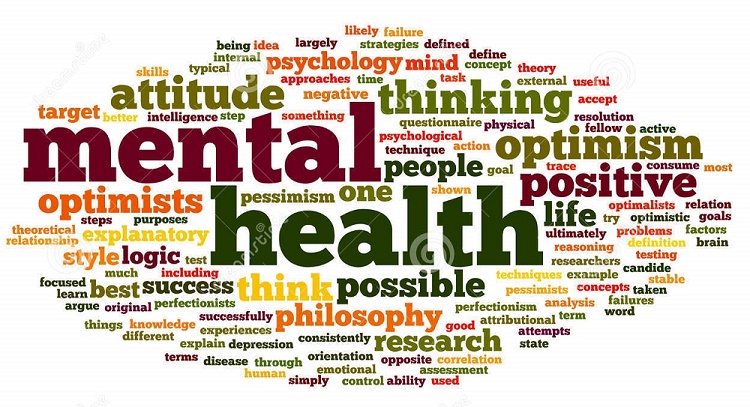
The theme for this year’s World Mental Health Day, hosted by The World Federation of Mental Health, is ‘Dignity in Mental Health.’ According to Chief Executive of the Mental Welfare Commission Colin McKay: “dignity in mental health care is about having rights respected; getting the help you need and being able to influence your care and treatment.”
The Mental Welfare Commission claims that one in four people in the UK suffer from mental ill health however only about a quarter of people receive ongoing treatment. The majority of people deal with mental health issues on their own, without seeking help or information. They are dependent on the informal support of family, friends or colleagues.
Independent Citizen Advocacy
Citizen Advocacy enables those with mental health problems to get the help and support they need while having their rights respected.
Our Citizen Advocates take time out of their busy lives to voluntarily support people with mental health issues and/or learning disabilities, who may not otherwise be able to put forward their own interests. This could range from asking for small things at home to speaking up in formal meetings, including statutory proceedings like mental health tribunals.
Advocates can also be someone to turn to for moral support. For many people their Citizen Advocate is the only person not paid to be in their life. Here, the impact of simply having a friend cannot be overstated.
Happily, The Mental Health (Care and Treatment) (Scotland) Act 2003 recognises the importance of independent advocacy, such as Citizen Advocacy, in supporting people to “have their own voice heard in decisions made about their health and wellbeing”. This means that anyone with a mental illness, a personality disorder or a learning disability has a legal right of access to independent advocacy and regain any dignity they may have lost.
